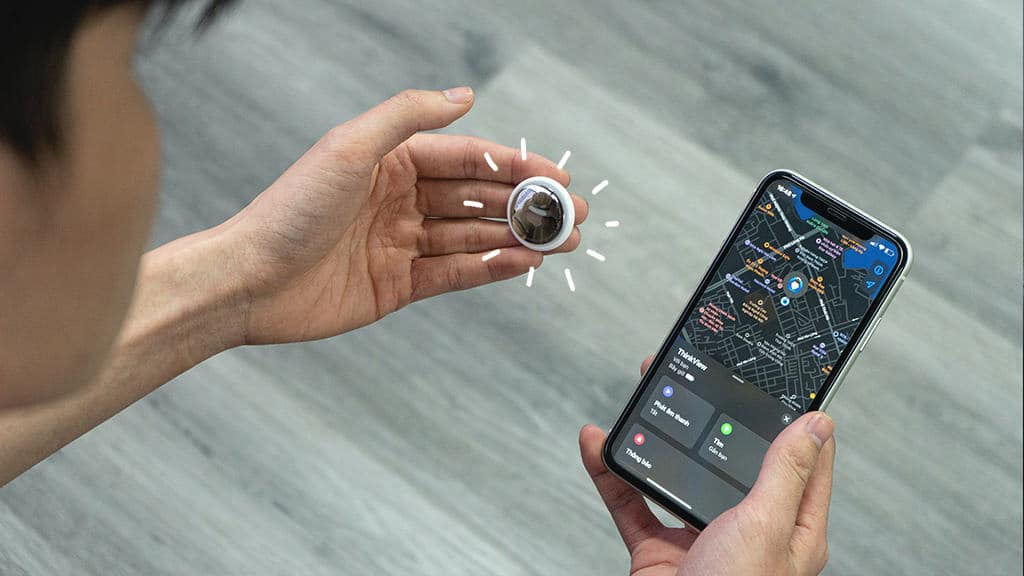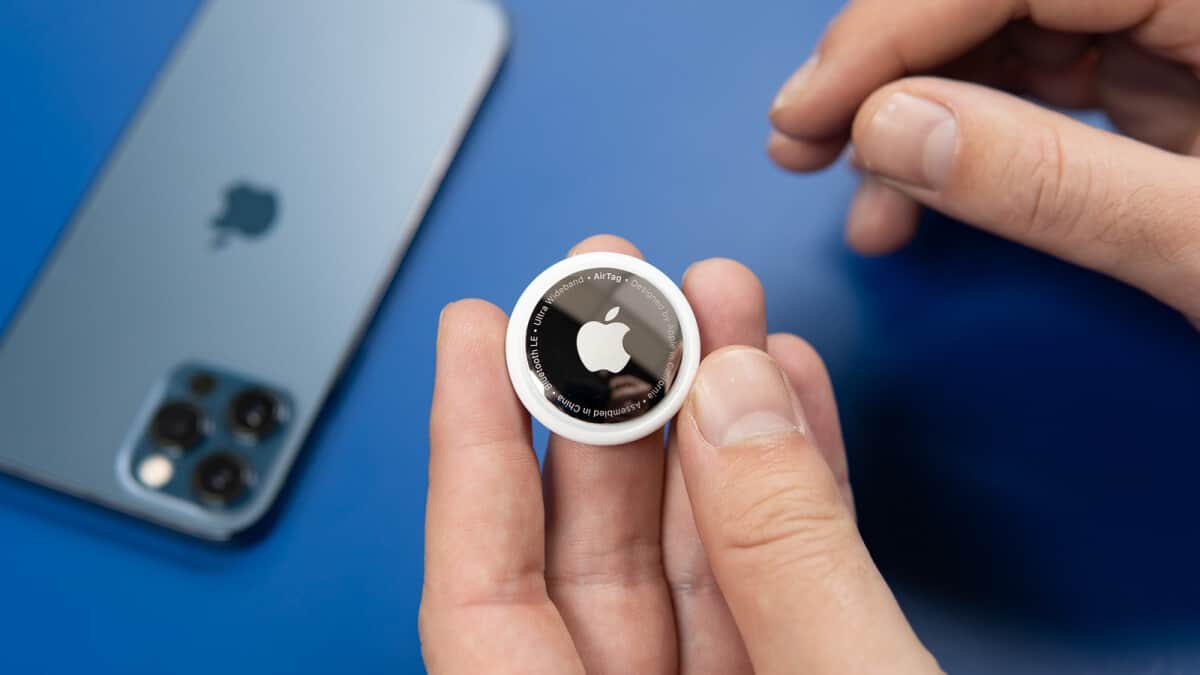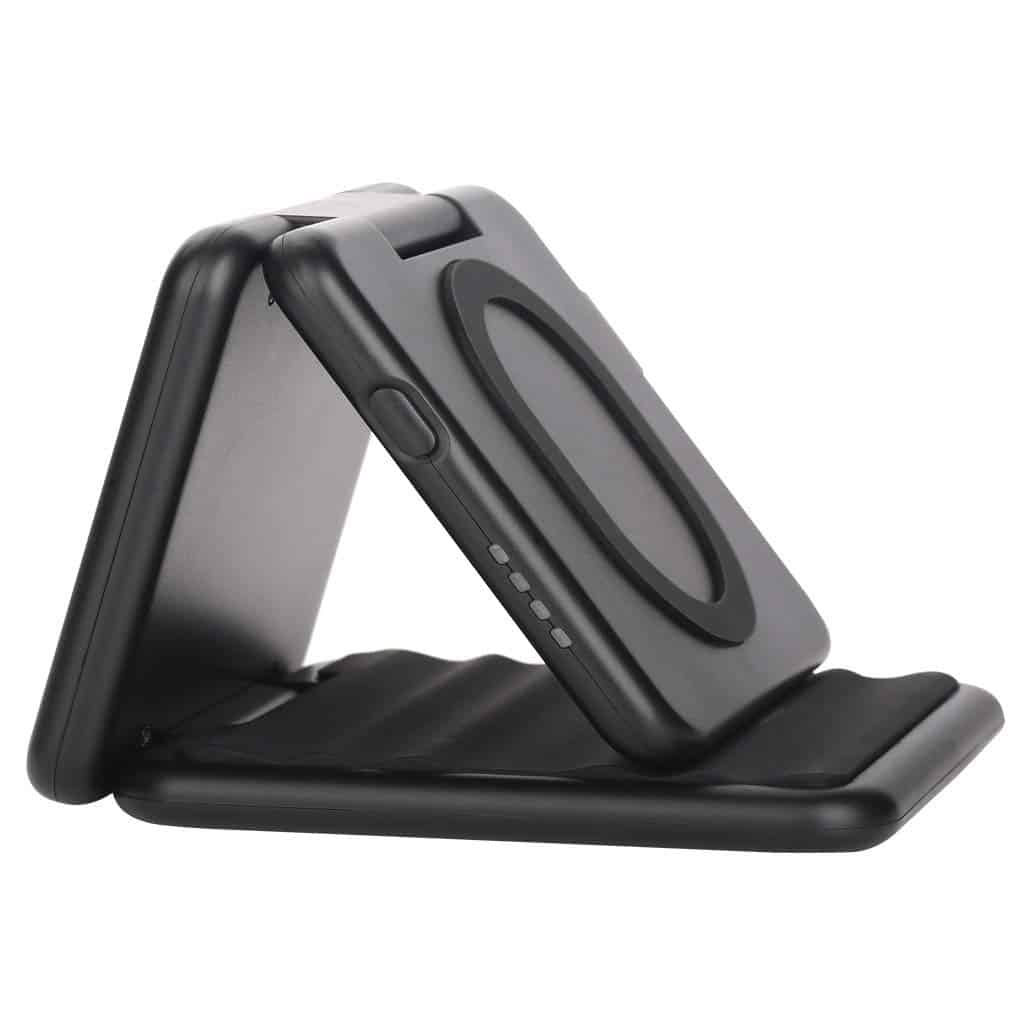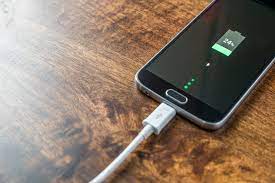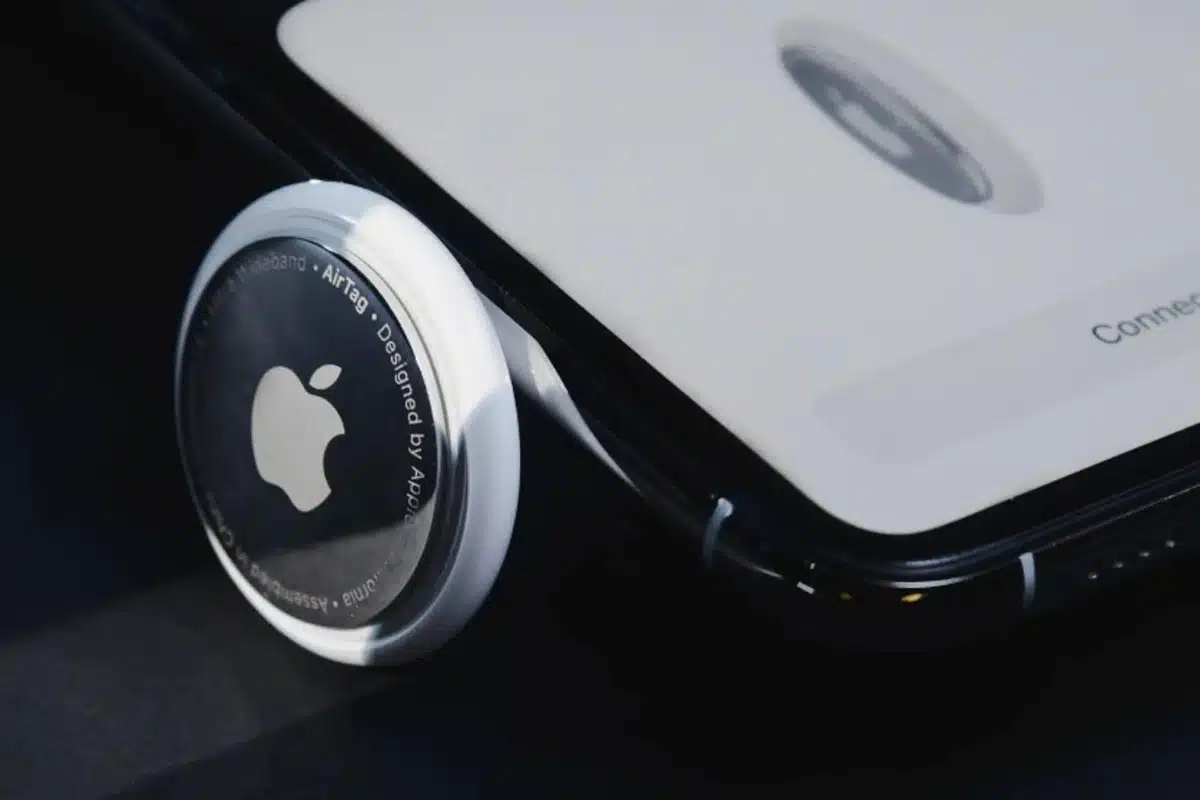In an era where technology continues to transform the way we live, tracking our belongings has become more than just a convenience—it’s a necessity. Enter Apple AirTags, a game-changing device that has redefined the art of tracking. In this comprehensive guide, we will explore every facet of Apple AirTags, from understanding the technology behind them to mastering their full potential.
The Genesis of Apple AirTags
Before we dive into the intricacies of using Apple AirTags, let’s take a moment to understand their origin. Apple AirTags were introduced in April 2021, marking Apple’s foray into the world of item tracking. The concept was simple yet revolutionary: a small, coin-shaped device equipped with cutting-edge technology that allows you to locate and track your possessions with remarkable precision.
The Technology Inside
At the heart of every Apple AirTag lies a blend of technologies that make tracking possible. Here are some key components:
1. Ultra-Wideband (UWB) Technology
Apple AirTags utilize Ultra-Wideband (UWB) technology, which enables precise spatial awareness. This technology allows AirTags to pinpoint the exact location of tagged items with impressive accuracy. Whether you’re looking for your keys or your backpack, AirTags can guide you within inches.
2. Bluetooth Connectivity
AirTags connect to your iPhone or other Apple devices via Bluetooth. This seamless connection ensures that you can track your items with ease. When an AirTag is nearby, it communicates with your device, providing real-time location updates.
3. Precision Finding
One of the standout features of Apple AirTags is Precision Finding. This technology harnesses the power of UWB and augmented reality (AR) to guide you directly to your lost item. With on-screen arrows and distance indicators, you’ll follow a virtual path to your item’s exact location.
4. Secure and Private
Privacy is paramount with Apple AirTags. They are designed with user security in mind. AirTags use end-to-end encryption, ensuring that only you can access the location data of your tags. Additionally, AirTags are equipped with features to prevent unauthorized tracking.
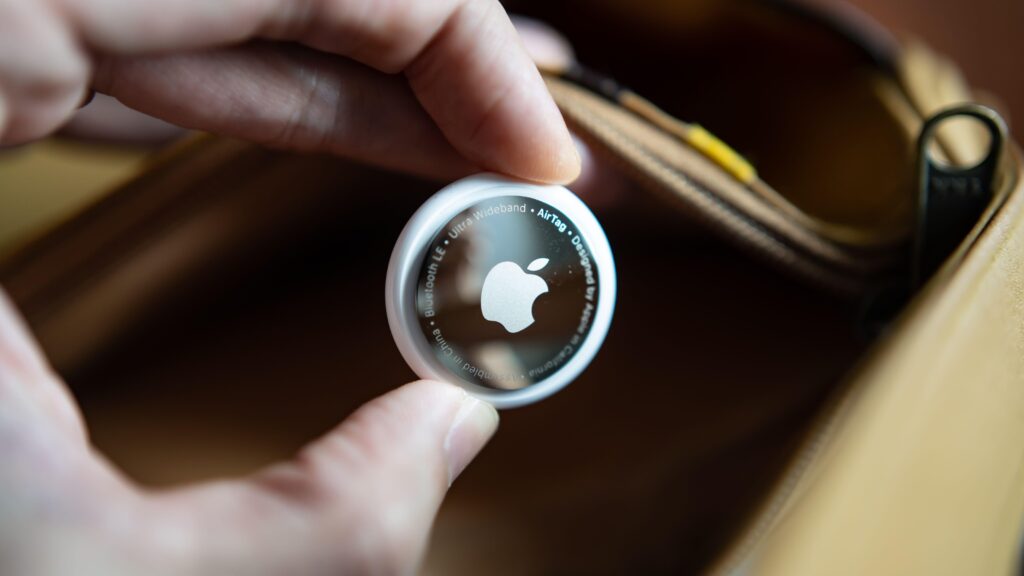
Getting Started with AirTags
Now that we’ve established the technology that powers AirTags, let’s embark on the journey of setting them up and using them effectively.
1. Unboxing and Pairing
Upon unboxing your AirTags, you’ll notice the elegant and minimalistic design that Apple is known for. To get started, simply bring the AirTag close to your iPhone, and a setup prompt will appear on your device. Follow the on-screen instructions to pair your AirTag with your Apple ID.
2. Naming Your AirTags
Organize your tracking efforts by giving each AirTag a specific name. Whether it’s “Keys,” “Backpack,” or “Wallet,” naming your AirTags makes it easier to identify what you’re tracking.
3. Tagging Your Items
Attaching AirTags to your belongings is a breeze. They come with a built-in keyring hole, making it easy to connect them to your keys, bags, or any item you want to keep track of.
4. Using the Find My App
The Find My app is your command center for AirTags. It’s where you’ll see the location of your tagged items on a map. You can also play a sound on the AirTag to help you locate it if it’s nearby.
Maximizing the Potential of AirTags
Apple AirTags offer more than just basic tracking; they provide a versatile toolset for mastering the art of item location. Here are some advanced tips to help you get the most out of your AirTags:
1. Shareable Tags
You can share the location of your AirTag with trusted contacts. This feature is especially handy for collaborative efforts, such as tracking shared household items or coordinating with family members.
2. Lost Mode
If you ever misplace an item with an AirTag attached, you can put the AirTag into Lost Mode. When another Apple device user comes across it, the AirTag will communicate its location anonymously to you through the Find My network.
3. Precision Finding Calibration
Calibrating Precision Finding is essential for the most accurate results. This involves walking around your item and allowing your iPhone to learn the spatial data of your surroundings. The more you calibrate, the more precise the tracking becomes.
4. Accessory Ecosystem
Apple AirTags have sparked an accessory ecosystem. You can find a wide range of AirTag holders, from stylish keychains to luggage tags. These accessories not only add a personal touch but also make it easier to attach AirTags to different items.
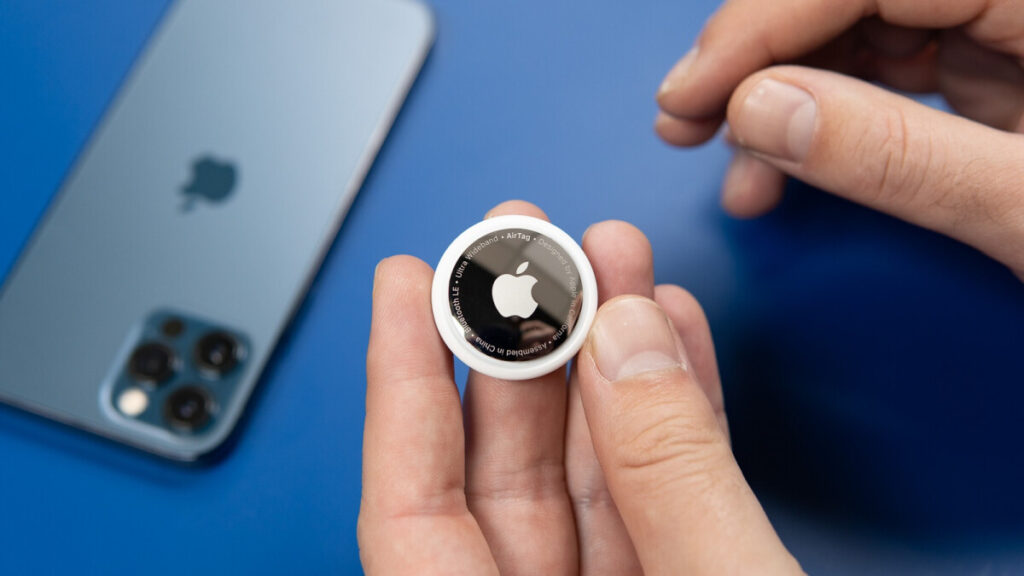
Privacy and Security Concerns
With the convenience of tracking comes the responsibility of maintaining privacy and security. Apple has taken significant measures to address these concerns.
1. Anti-Stalking Measures
Apple AirTags are designed with anti-stalking features. If an unknown AirTag is detected near you for an extended period, your iPhone will notify you, helping to prevent unwanted tracking.
2. Privacy by Design
Apple has implemented robust privacy features, ensuring that only you can access the location data of your AirTags. Location data is end-to-end encrypted, and Apple does not have access to it.
The Future of Item Tracking
As we’ve explored the capabilities of Apple AirTags, it’s clear that they represent a significant leap in the world of item tracking. With their precision, ease of use, and dedication to privacy, AirTags have set a new standard for tracking devices.
Whether you’re a frequent traveler, a busy parent, or someone who simply wants to keep tabs on their valuables, mastering the art of tracking with Apple AirTags opens up a world of possibilities. Say goodbye to the frustration of lost items and embrace the convenience of knowing exactly where your belongings are at all times.
In conclusion, Apple AirTags are not just gadgets; they’re tools that empower you to stay organized and in control. By understanding their technology, using them effectively, and prioritizing privacy, you can truly master the art of tracking with Apple AirTags.
